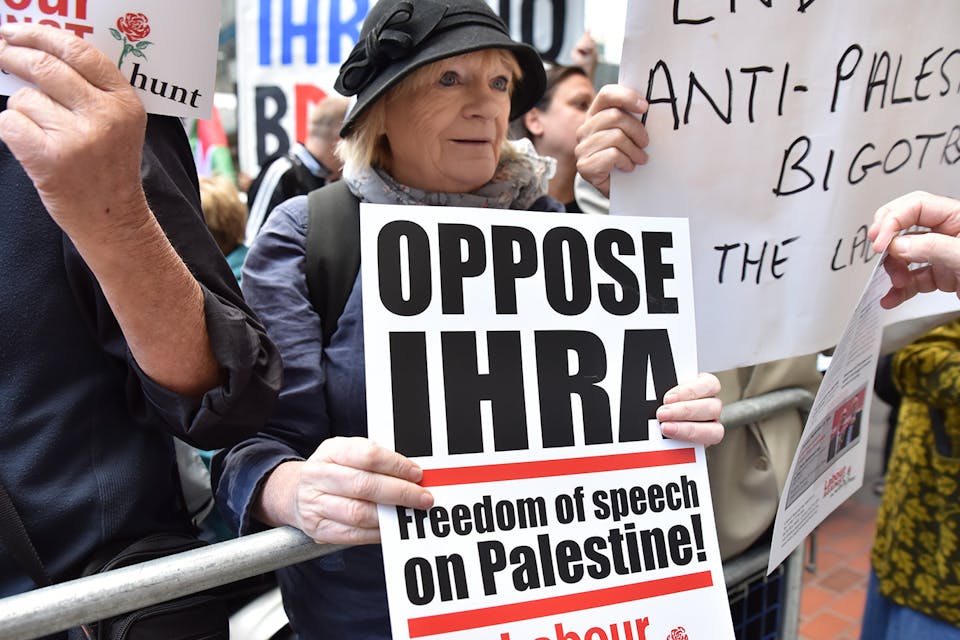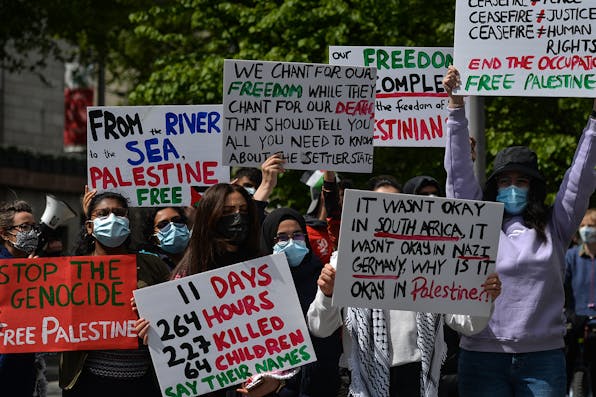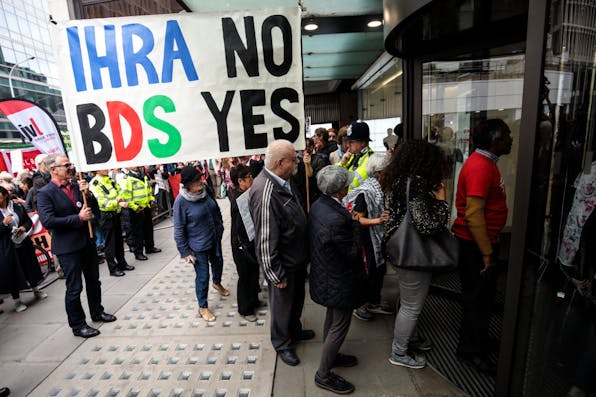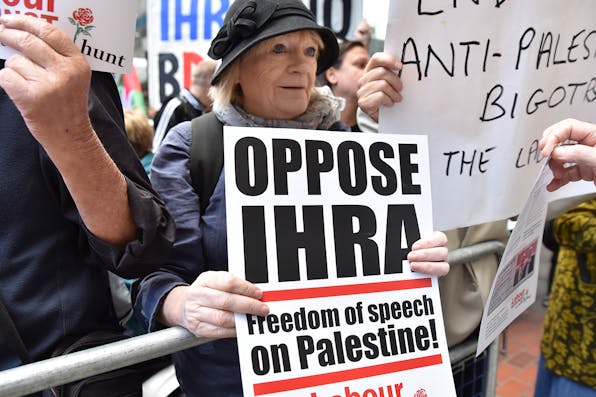
July 30, 2021
Anti-Semitic Acts Don’t Have to Involve Hatred of Jews
Many of those who would do away with Israel evince no pre-existing hostility to Jews that I can see. But their motivations are beside the point.
I thank Michael Walzer and Ben Cohen for their comments and their complimentary words, and Kenneth Marcus for his insights. I hasten to offer Walzer my apology if he feels I did him an injustice by not mentioning his comment in Fathom that he would have embraced the IHRA working definition of anti-Semitism were he based in or focused on the UK rather than the U.S. Had I been criticizing him, I certainly would have felt obliged to do so, but I was not criticizing him. I singled him out for citation because among the many signatories of the Jerusalem Declaration on Anti-Semitism (JDA), he is among those I respect most; also because he is an undoubted friend of Israel’s; and because he offered the most cogent defense of the JDA that I have seen, which was the point on which I quoted him.
Walzer faults me for being “academic” in my criticisms of the JDA, abstracted from the political environment. But the IHRA, which I was defending, has been prominently embedded in the political environment for years, formally embraced by dozens of national governments and hundreds of regional or local governments and non-governmental organizations and institutions, as well as by the secretary-general of the United Nations. It is also, as Ken Marcus reminds us, enshrined in U.S. law through measures taken by both the Obama administration and the Trump administration. And the reason it was so enshrined is that among the myriad extant proposed definitions of anti-Semitism, American officials sought one that was, as Marcus explains, “widely adopted, . . . standardized, . . . used in multiple locations, [and] that has legitimacy from adoption through the democratic process.” (This is why, although I find Ben Cohen’s proposed emendations of the “working definition” eminently cogent, I have misgivings about pursuing them.)
This “working definition,” promulgated in its current form by the International Holocaust Remembrance Alliance five years ago, and in use under different aegis with slight variations for a number of years before that, is suddenly under challenge. The proposed alternative, the Jerusalem Declaration, is lengthier, more complex, and by some lights more elegant. It is sponsored by no official body but rather is presented to the world by a collectivity of . . . academics. This would seem to beg the question: who, exactly, is being “academic”?
Responses to July ’s Essay

July 2021
I’d Rather Ask “How Do We Win the Struggle against Anti-Zionism?” Than “Is This Anti-Semitic?”
By Michael Walzer
July 2021
The IHRA Definition of Anti-Semitism Needs Updating, Not Replacing
By Ben Cohen
July 2021
Podcast: Kenneth Marcus on How the IHRA Definition of Anti-Semitism Helps the Government Protect Civil Rights
By Tikvah Podcast at Mosaic
July 2021
Anti-Semitic Acts Don’t Have to Involve Hatred of Jews
By Joshua Muravchik